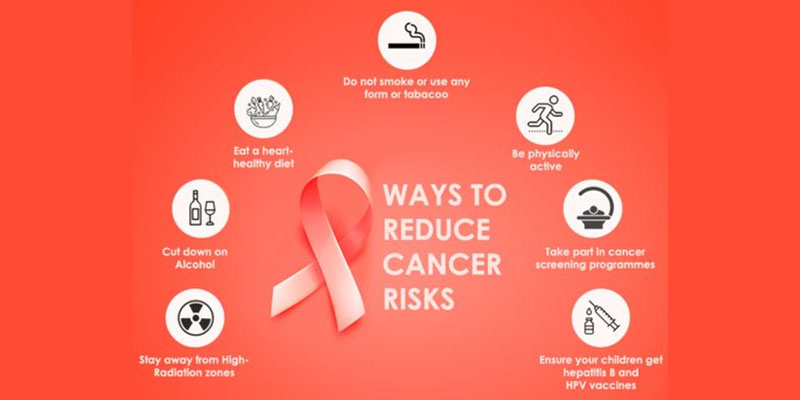Many lifestyle factors can influence cancer risk. This article educates readers on the importance of a healthy lifestyle in cancer prevention, including maintaining a balanced diet, exercising regularly, avoiding tobacco and excessive alcohol consumption, and protecting skin from harmful UV rays. It also discusses the impact of obesity and stress on cancer risk and offers practical tips for making healthier choices.
Introduction: Lifestyle choices play a significant role in cancer prevention. By adopting healthier habits, individuals can reduce their risk of developing many types of cancer.
Key Lifestyle Factors:
- Balanced Diet: Consuming plenty of fruits, vegetables, whole grains, and lean proteins. Limiting red and processed meats.
- Regular Exercise: Engaging in at least 30 minutes of moderate physical activity most days of the week.
- Avoiding Tobacco: Understanding the link between smoking and various cancers, and the benefits of quitting.
- Limiting Alcohol: Moderation in alcohol consumption to reduce risks associated with alcohol-related cancers.
- Sun Protection: Using sunscreen, wearing protective clothing, and avoiding peak sun hours to prevent skin cancer.
Impact of Obesity and Stress:
- Obesity: Explaining how excess body weight increases the risk of several cancers, including breast, colorectal, and endometrial cancer.
- Stress Management: Techniques for managing stress, such as mindfulness, meditation, and physical activity, and their role in overall health.
Call to Action: Encourage readers to make small, sustainable changes to their lifestyle to reduce cancer risk. Provide resources and support for smoking cessation, weight management, and healthy living.

